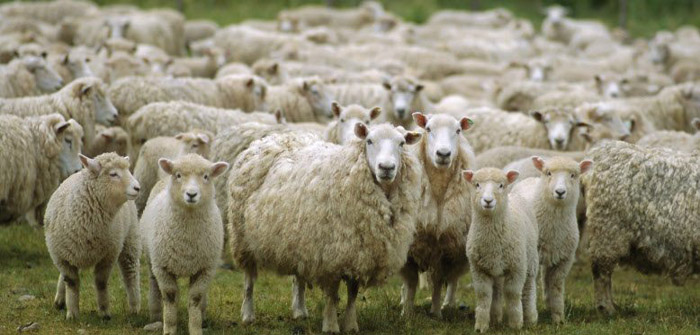Warm, wet weather may prompt rapid development and release of worm larvae onto pastures, increasing the risk of productivity-limiting parasite burdens in sheep this summer. While in cattle, lungworm infection begins to pose a threat to unvaccinated and naïve young stock and adults from July onwards.
Lambs grazing permanent pastures will become exposed to infective larvae as part of the ‘mid-summer rise’ that results from pasture contamination earlier in the grazing season. Warm, wet weather will speed up the process of worm development and release of larvae from faecal pellets. But if conditions turn dry for a prolonged period this can delay larval challenge, with a return to infectivity when wet weather arrives.
Sioned Timothy, ruminant technical manager at Merial Animal Health, said: “It’s important to take a sustainable approach to worm control in lambs in order to limit selection pressure for anthelmintic resistance, but using the right approach, worms can be controlled effectively and growth rates preserved.”
“Moving weaned lambs onto aftermaths during July and August can reduce the risk of parasitic disease. This simple management practice reduces exposure to the high larval challenge that builds up on pasture and is one of the most critical components of sustainable parasite control.”


